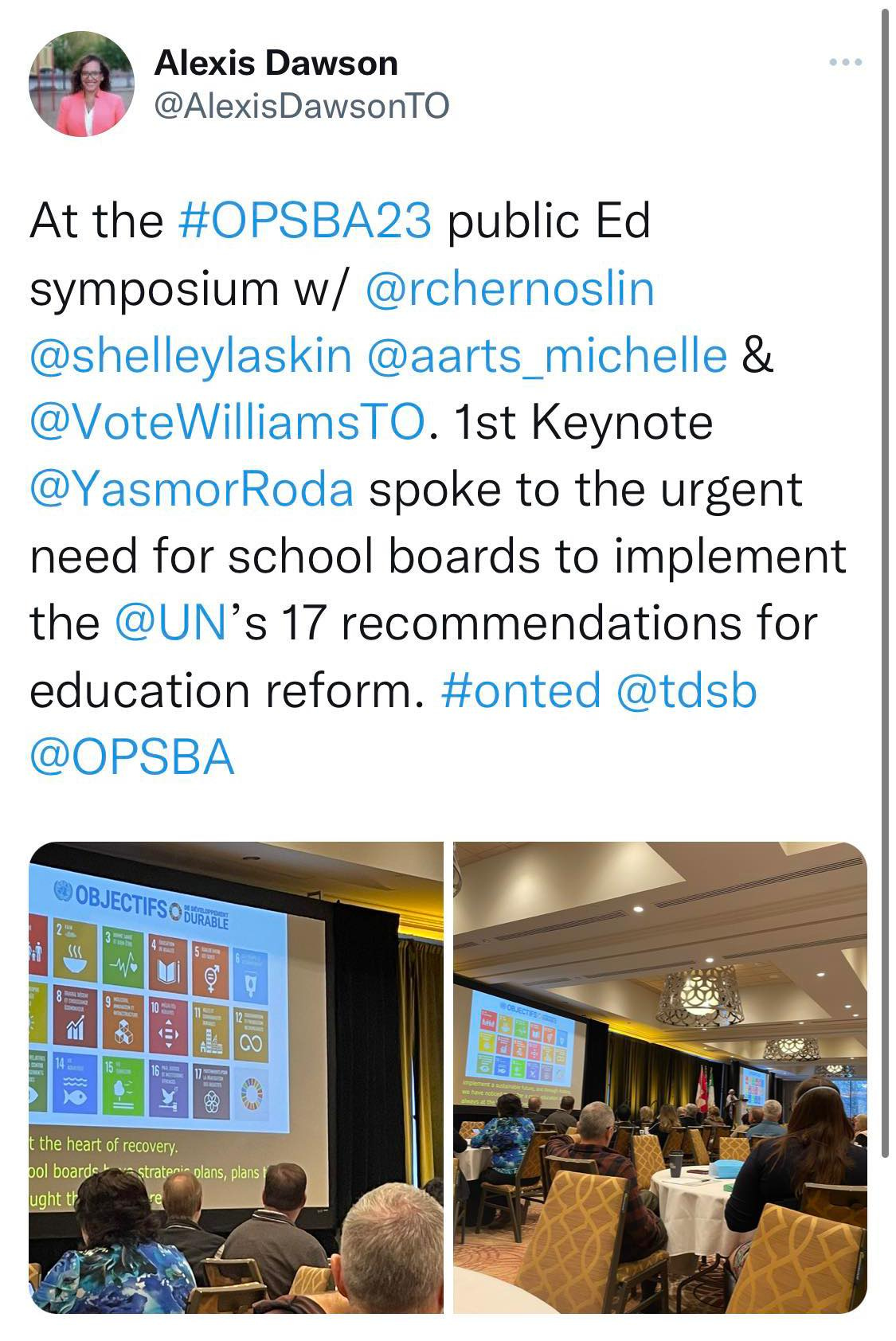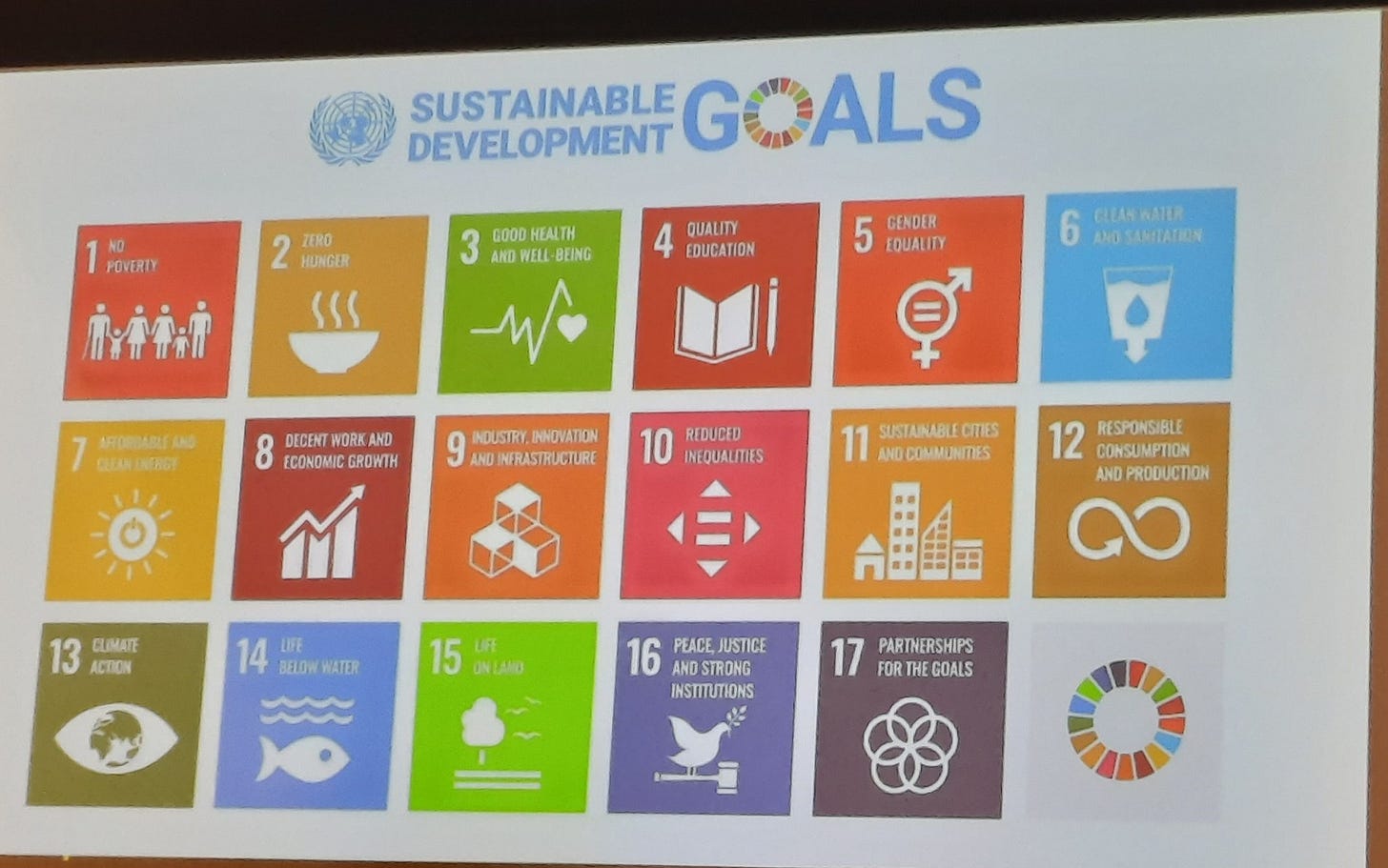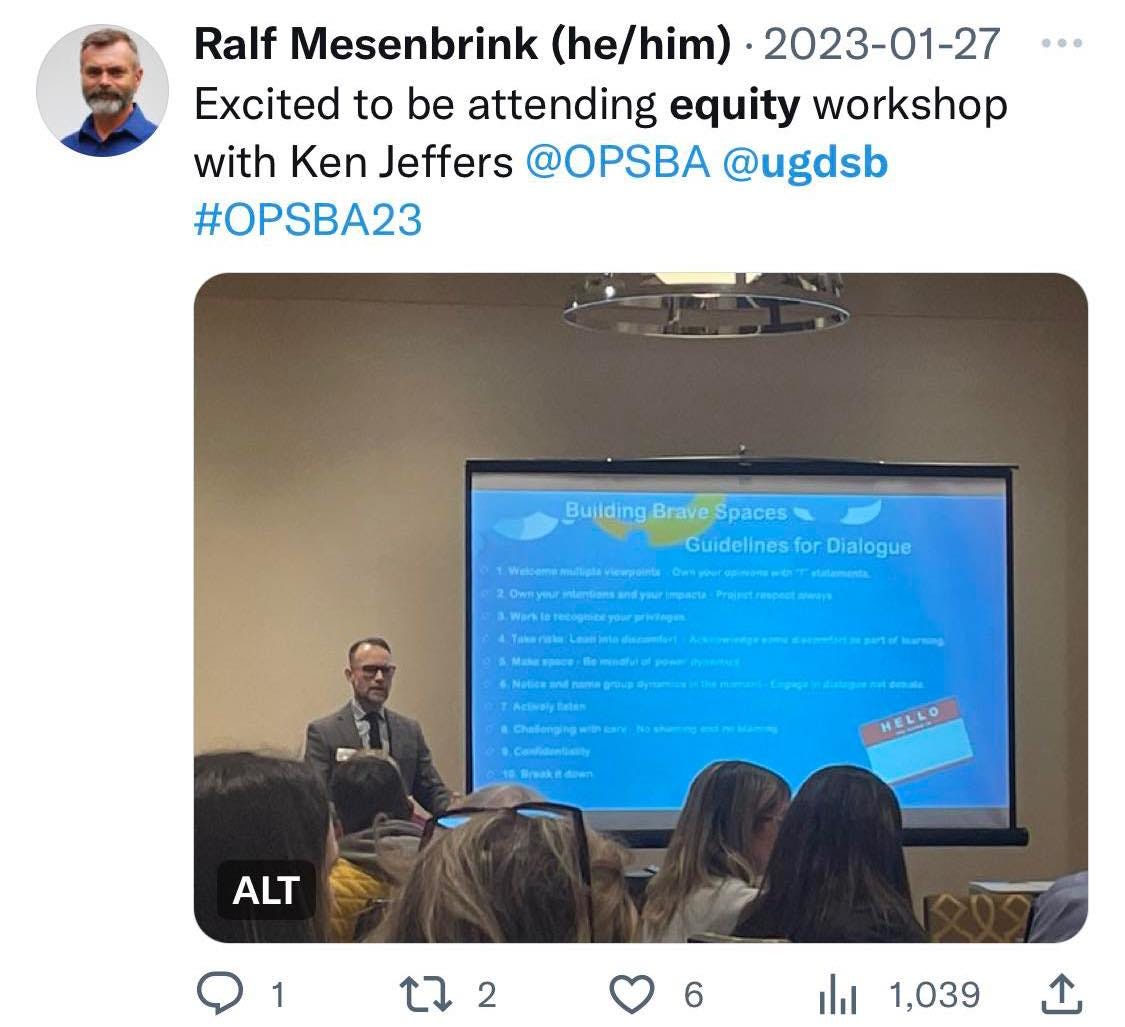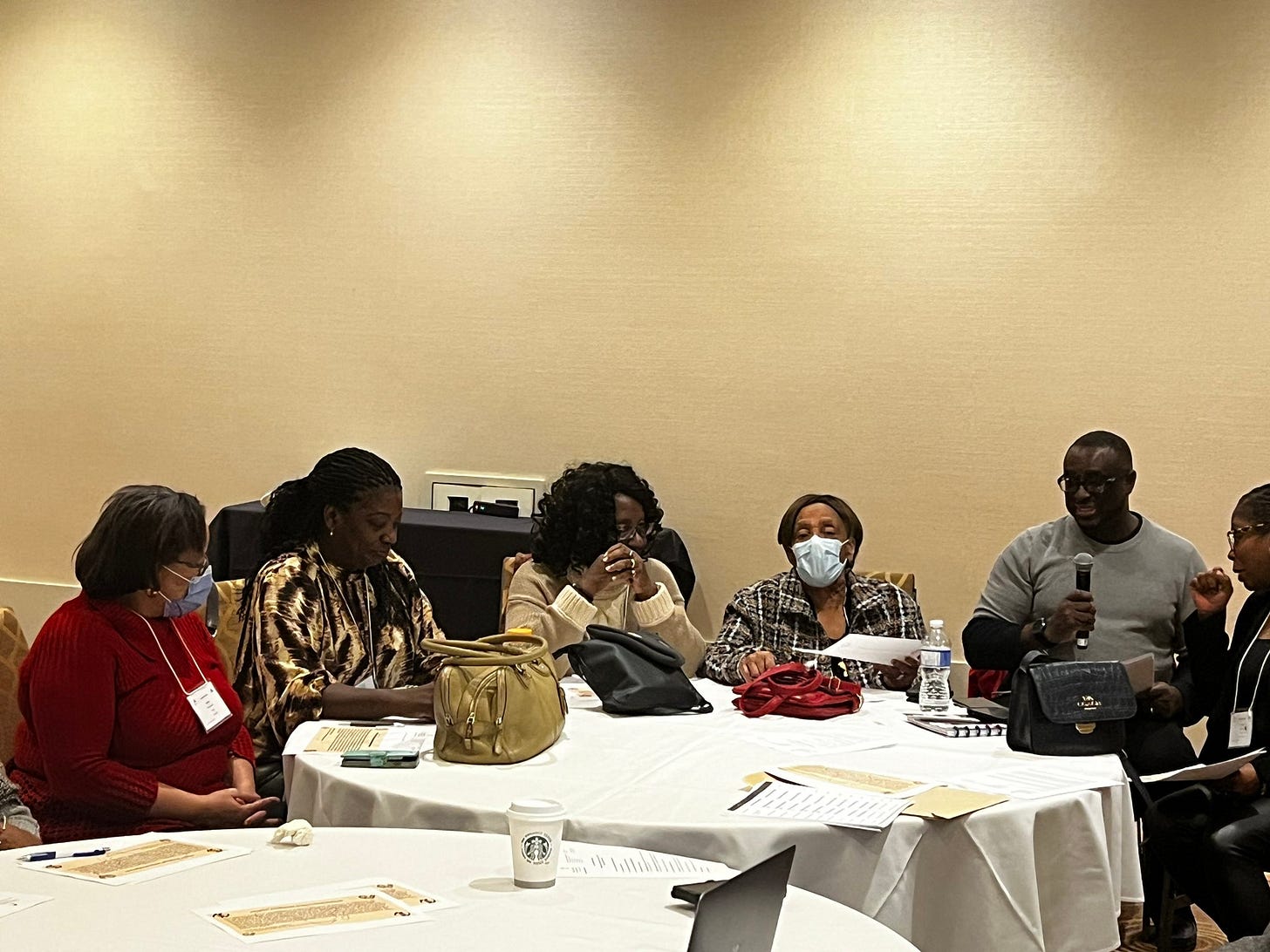Ed symposium insists on United Nations Sustainable Development Goals
In education, it's the "global" way or the highway.
By
The tribulation that has befallen Canadian education in recent years has resulted in no one, save for those with non-traditional cosmopolitan sensibilities who accede to the demands of social justice ideology, wishing deliberately to enter the field of education. And anyone who had already made a career in that industry, but then learned about the woke takeover after-the-fact, has by now most likely been pushed to the margins, or completely pushed out of the education profession altogether.
The type of person who might feel that the interests of global organizations, like the United Nations, should not be preferred over the interests of Canada, will not fit in under the current regime. Teachers, principals, councilors, trustees, and administrators are expected to adhere to and promote various political initiatives and positions. The United Nations 17 Sustainable Development Goals (SDG), are one such global initiative that is promoted religiously in Canadian schools.
While some may be wondering what the problem might be with the UN’s 17 SDG’s, and whether they should or shouldn’t be discussed in schools, others may feel it is not so much the content of the discussion, but the form it has taken. SDG’s are not framed within the complexity of global affairs and examined critically using empirical methods, but instead taught as doctrine and sold as hope.
This uncritical acceptance of United Nation assertions and Sustainable Development Goals is a political position that should not be forced on either students, teachers, principals or trustees. But sadly, as is the case with other politically contentious issues, everyone within the sphere of the education complex in Canada, is expected to accept the assumptions of sustainability, as defined by the United Nations.

In an email exchange with former teacher and education advocate, Chanel Pfahl, I asked if she thinks it is accurate to say that schools, through their alignment and promotion of SDGs, are imbuing children with a preference for global interests, over their own national interests. She replied:
“Whether aiming to meet the SDGs is actually in our best interest, globally, is highly debatable in the first place. There is a brilliant high school teacher in LA, William Reusch, who I’ve followed on Instagram for years now, and he posted the other day: “I believe that education and activism do NOT go well together because activism assumes you know the answer and education is the constant pursuit of answers.” I think the fundamental problem with teaching students to advocate for and pursue the “sustainable development goals” is just that. It presumes that we know the answers already, and the reality is we don’t. These things are complicated and full of tradeoffs.
Last week the Ontario Public School Boards Association (OPSBA) held its first in-person Public Education Symposium (PES) since the pandemic. More than 300 trustees, student trustees and school board staff leadership from OPSBA and ACEPO (Association des conseils scolaires des écoles publiques de l’Ontario) member boards participated in the event from January 26 to 28 .
Keynote speakers included Minister of Education Stephen Lecce; Chief Cadmus Delorme, Cowessess First Nation; Nicholas A. Christakis, Sterling Professor of Social & Natural Science & Author of Apollo’s Arrow, Yale University; and Roda Muse, Secretary General, the Canadian Commission for UNESCO.
In the Tweet below, a TDSB trustee promotes Roda Muse’s keynote about the urgent need for school boards to implement the UN’s 17 SDG recommendations. This may seem innocent at first glance, but when one considers the deeper implications that those in education are also taught a negatively skewed rendition of Canadian history which holds that many oppressive forms of social injustice persist into the present, a darker picture begins to emerge.
A shameful history that led to a present day catastrophe where global citizenry is offered up as the only hope for the future, is an insinuation reappearing endlessly in the literature that lays out school board policy and in the lesson plans designed to teach children about the world. Is this what Canadian parents want? How are schools so sure that global citizens are better than local stewards? Does the modern world not need both? Where is the balance? Should school boards take up such strong political positions? Instead of advocating for United Nation’s initiatives, why not just teach about them, maintaining a neutral position?
Described on the OPSBA website, the event included the following:
A series of workshops and panel discussions were presented on Digital media literacy, Indigenous education and worldviews, human rights, French as a Second Language, Governance (the role of trustee and running effective meetings), Equity, Diversity, and Inclusion, OPSBA’s advocacy (roles and responsibilities), and hot topics in Ontario public education. Slide decks for some of the sessions will be posted soon.
Below is a slide from Roda Muse’s presentation on the United Nations 17 Sustainable Development Goals:
It’s worth mentioning that the PES also hosted an equity workshop. Again more politically oriented themes pertaining to social justice and other aspirational social initiatives, when most Canadians parents across the country would prefer if the emphasis would return to core academics - which clearly the education infrastructure in Canada has failed to prioritize in the age of social justice.
Below we have the segregated black trustee caucus making their appearance at the PES. Nothing racist about that.
Below are a couple of examples (a search on Twitter results in hundreds more) of the UN’s SDGs being shared and promoted in schools and in the Education industry:
___
Thanks for reading. For more from this author, read Only woke principals to be recruited: the PDSB is embarrassing itself again
There are now two ways to support Woke Watch Canada through donations:
1) By subscribing to the paid version of the Woke Watch Canada Newsletter for - $5/month or $50/year
2) By donating to the Canadian School Board Investigation fund, which is raising money to expand Woke Watch Canada’s research and investigation into dysfunctional Canadian school boards.












The age of social justice has made schools into brainwashing centres for self promoters or nihilists or historical revisionists. Sustainability is a worthwhile goal but if one reads between the lines it is a front for woke indoctrination, with resentment and reverse racism and endless censorship.
Bad schools.